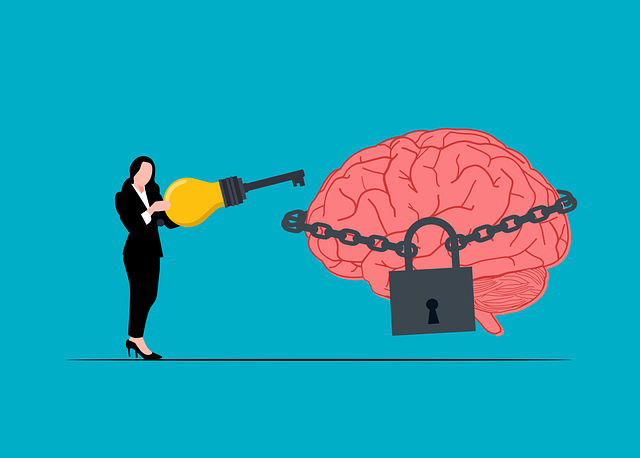The Six Pillars of Self-Esteem is a book written by Nathaniel Branden, a Canadian-American psychotherapist and writer. In this book, Branden outlines the six pillars that he believes are essential for building and maintaining self-esteem. According to Branden, self-esteem is not something that we are born with, but rather something that we must actively cultivate and nurture throughout our lives.
The first pillar of self-esteem is the practice of living consciously. This involves being aware of our thoughts, feelings, and actions, and taking responsibility for them. It also involves being mindful of the choices we make and the consequences of those choices. By living consciously, we are able to make more thoughtful and deliberate decisions, rather than simply reacting to our emotions or external circumstances.
The second pillar of self-esteem is self-acceptance. This involves accepting ourselves as we are, with all of our strengths and weaknesses. It means acknowledging that we are not perfect, but rather unique individuals with our own set of flaws and limitations. Self-acceptance also involves a willingness to learn and grow, rather than constantly striving for perfection or trying to be someone we are not.
The third pillar of self-esteem is self-responsibility. This involves taking responsibility for our own lives and choices, rather than blaming others or external circumstances for our problems. It means being accountable for our actions and being willing to face the consequences of those actions. By taking self-responsibility, we are able to have more control over our lives and make positive changes for ourselves.
The fourth pillar of self-esteem is self-assertiveness. This involves being able to express our thoughts, feelings, and needs in an honest and appropriate way. It means being able to set boundaries and stand up for ourselves when necessary, without being aggressive or disrespectful towards others. By practicing self-assertiveness, we are able to communicate effectively and assert our own needs and desires.
The fifth pillar of self-esteem is living purposefully. This involves setting and working towards goals, and feeling a sense of purpose and direction in life. It means having a clear vision of what we want to achieve, and taking the necessary steps to make it a reality. By living purposefully, we are able to find meaning and fulfillment in our lives.
The final pillar of self-esteem is personal integrity. This involves acting in alignment with our values and beliefs, and standing up for what we believe in. It means being honest and authentic in our actions and relationships, and being true to ourselves. By practicing personal integrity, we are able to build trust and respect with others, and feel good about ourselves.
In conclusion, the Six Pillars of Self-Esteem are a set of principles that can help us cultivate and maintain a healthy and positive sense of self. By actively practicing these pillars in our lives, we can develop a stronger sense of self-worth and live a more fulfilling and authentic life.

Key takeaways from Six Pillars of Self Esteem:
- Self-esteem is not something we are born with, but something we must actively cultivate and nurture throughout our lives.
- The practice of living consciously involves being aware of our thoughts, feelings, and actions, and taking responsibility for them.
- Self-acceptance involves accepting ourselves as we are, with all of our strengths and weaknesses.
- Self-responsibility involves taking responsibility for our own lives and choices, rather than blaming others or external circumstances.
- Self-assertiveness involves being able to express our thoughts, feelings, and needs in an honest and appropriate way.
- Living purposefully involves setting and working towards goals, and feeling a sense of purpose and direction in life.
- Personal integrity involves acting in alignment with our values and beliefs, and standing up for what we believe in.
- Low self-esteem is often the result of negative self-judgments and negative comparisons to others.
- It is important to distinguish between self-esteem and self-confidence, as they are not the same thing.
- We can boost our self-esteem by acknowledging and celebrating our achievements and successes.
- It is important to practice self-care and prioritize our own well-being in order to maintain high self-esteem.
- We can improve our self-esteem by challenging negative thoughts and beliefs about ourselves.
- Seeking support and guidance from others, such as friends, family, or a therapist, can be helpful in building and maintaining self-esteem.
- We can build self-esteem in others by showing them respect, offering encouragement and support, and recognizing their achievements and strengths.
- High self-esteem is associated with a number of positive outcomes, such as better mental and physical health, stronger relationships, and greater success in various areas of life.












